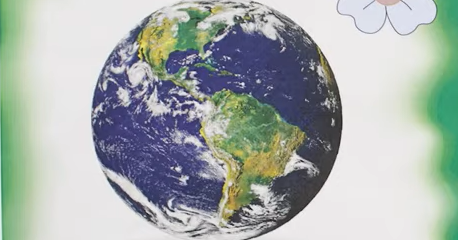South African President Jacob Zuma, in his State of the Union address, promised to speed the pace of land redistribution and housing construction to replace the country’s urban shantytowns, but nearly 20 years after the end of apartheid, the number of people living in shantytowns has doubled and the state violence to evict the residents has increased. The film "Dear Mandela," streaming free till the end of this month on PBS, follows three young people who join the fight for the Constitutional right to stay in their homes.
In his State of the Union address on February 14th, South African President Jacob Zuma referred to the 100-year anniversary of the notorious Natives Land Act, which dispossessed Black Africans:
“Compatros and friends, in June we will mark the centenary of the 1913 Land Act which turned Black people into wanderers, laborers, and pariahs in their own land.”
Zuma then made promises to speed the pace of land redistribution and housing construction to replace the country’s urban shantytowns, as Nelson Mandela promised upon taking office as the country’s president in 1998. To many Black South Africans, however, Zuma’s promises rang hollow, after the violent repression of last year’s wildcat mining labor strikes and other civil unrest.
And, because despite the government’s promise, the number of people living in shantytowns has doubled almost twenty years after the end of apartheid. Government force and violence to remove the residents of the shantytowns has also increased. A recent film, “Dear Mandela” tells the story of the struggle of three young people who join the shackdwellers’ movement to fight for the constitutional right to stay in their homes.
A television news report at the beginning of the film shows police attempting to control a crowd with tear gas and bullets, as the voice over says that “disgruntled residents took to the streets. They’re demanding, among other things, immediate housing. Like many other residents across the country, they say elected officials have done nothing but enrich themselves.”
Mnikelo Ndabankulu, a young South African activist, then says, “I would like to meet Dr. Nelson Mandela and ask him about how does he feel about these unstable conditions that we are living under, after he stayed about 27 years in Robben Island for the better life for all. He is like Jesus Christ himself. I do not like the fact that what he has been jailed for has never been achieved.”
Dear Mandela follows the shack dwellers’ legal challenge to the government’s attempt to bulldoze their makeshift homes, and concludes with an uplifting legal victory. The film is streaming free until the end of February on PBS at http://video.pbs.org/video/2328714078.











